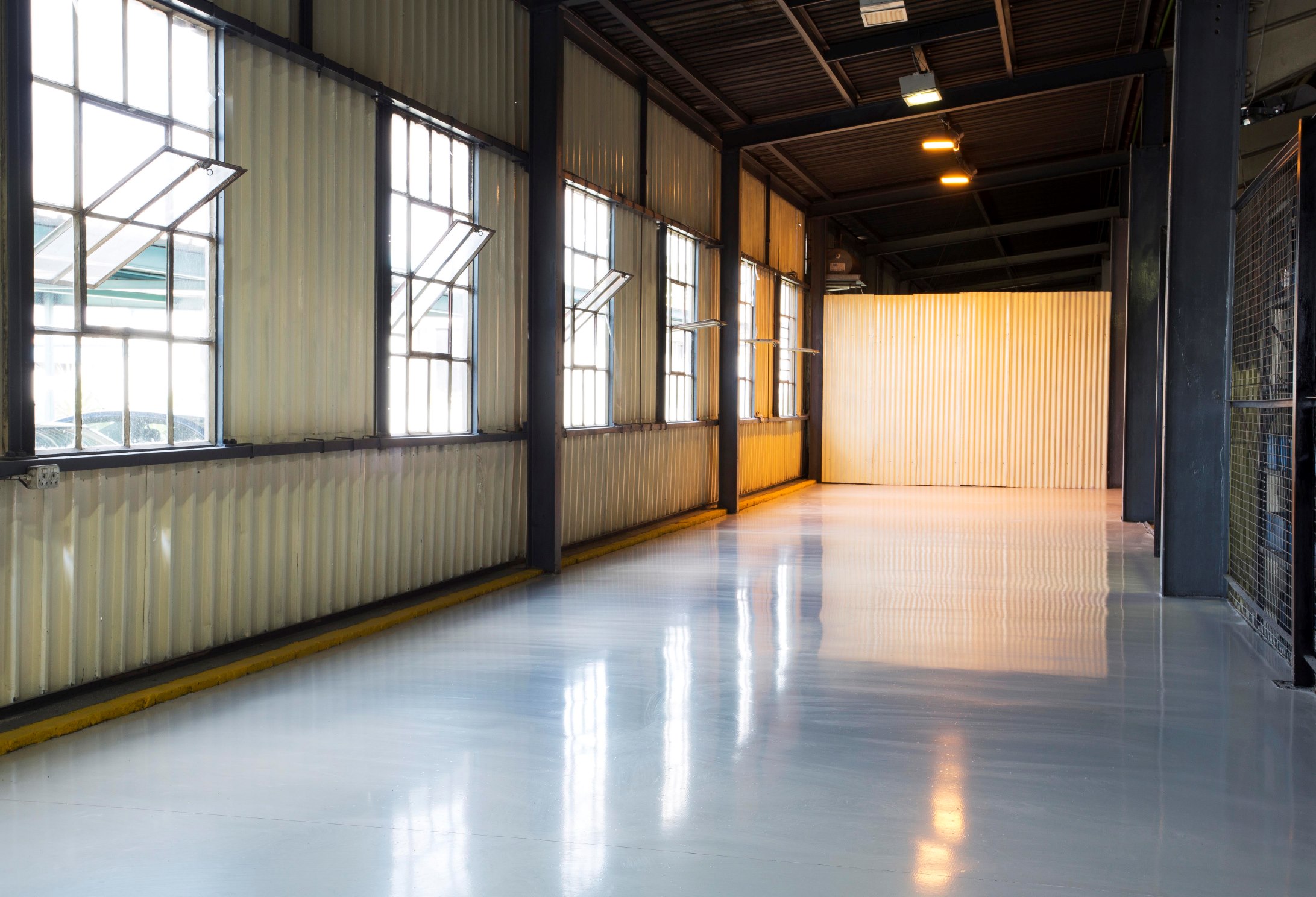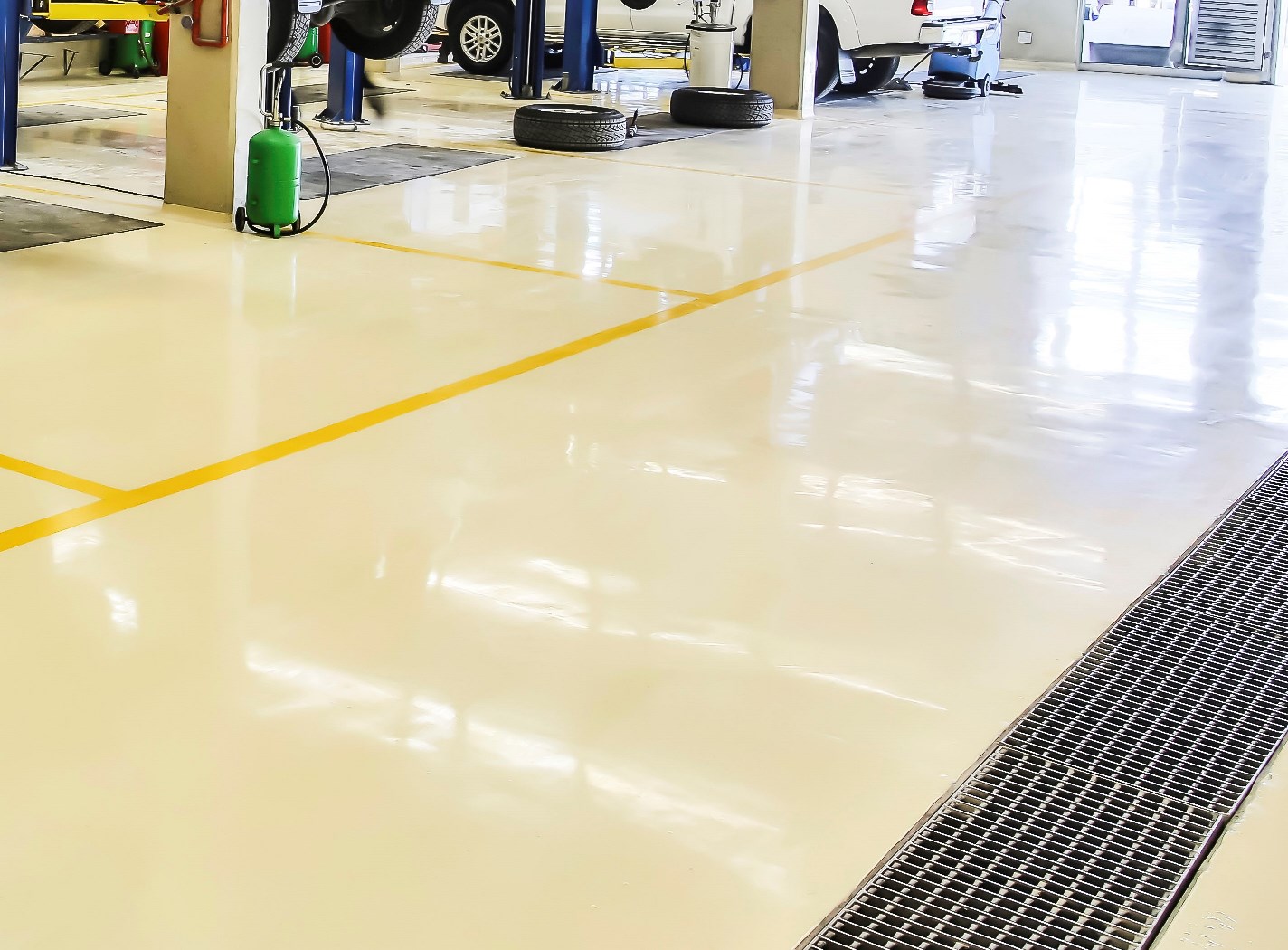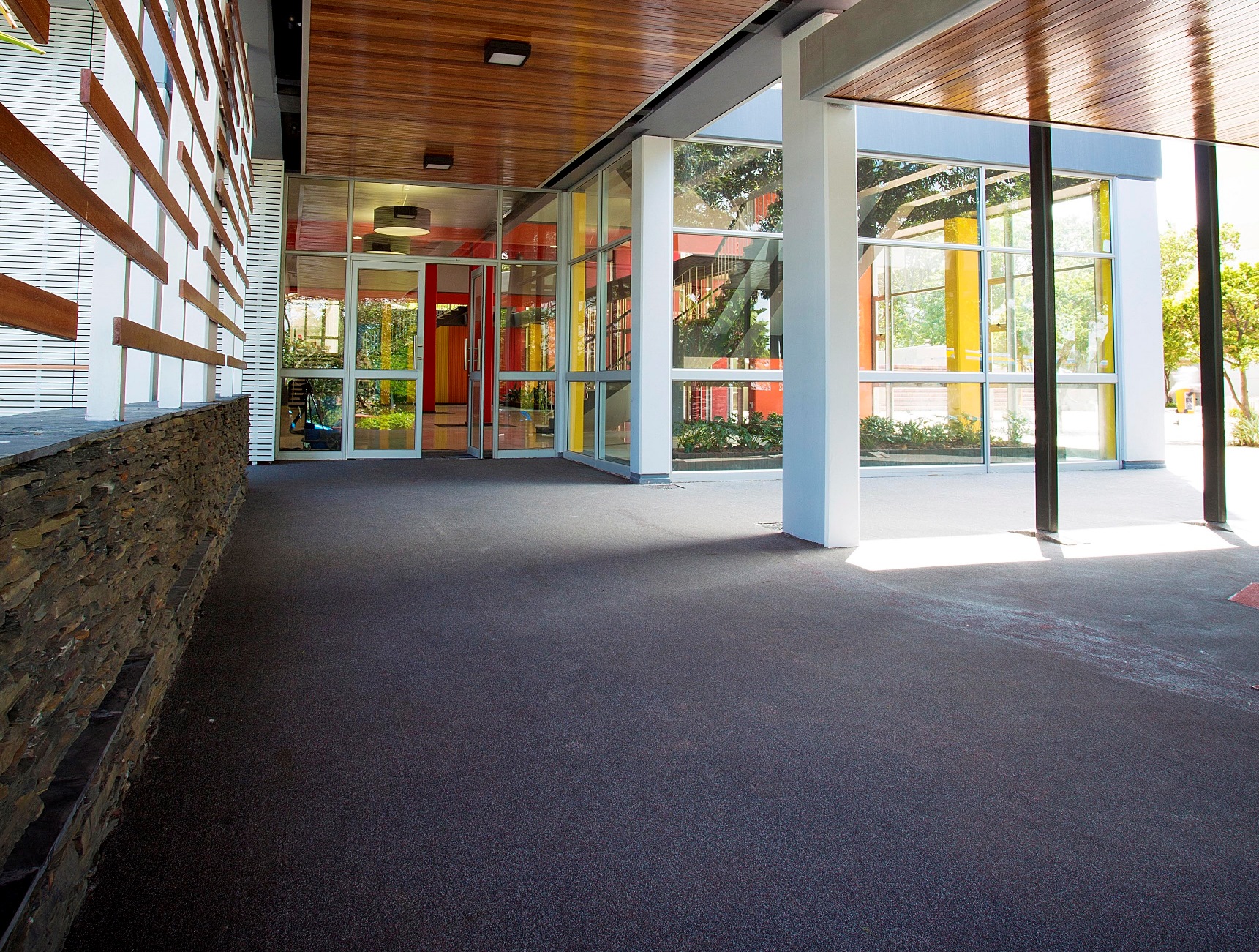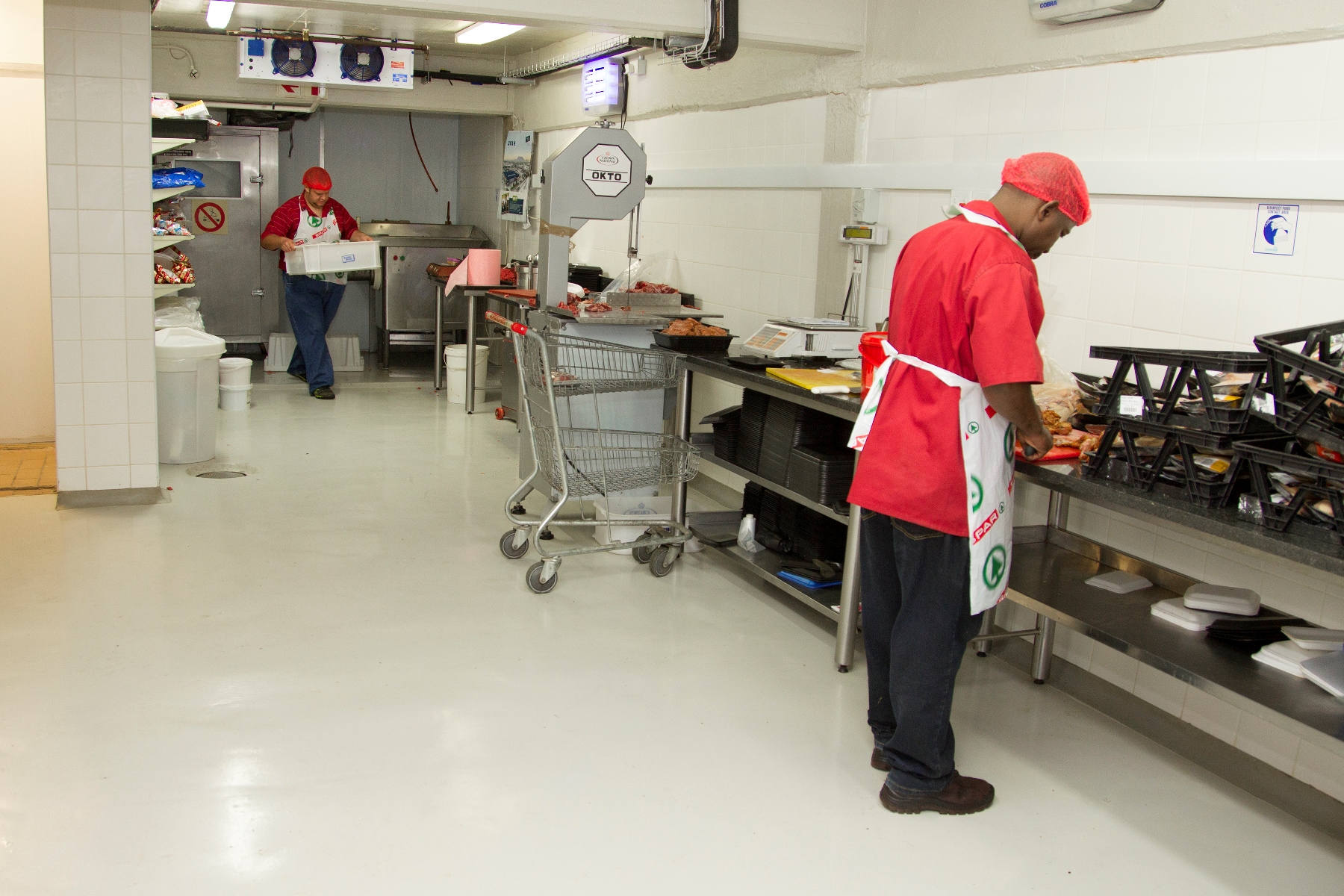Performance analysis of epoxy vs. polyurethane flooring systems

Resin-based flooring systems, both epoxy and polyurethane (PU), are the two most common systems used for industrial flooring installations. These are available in thin-build coatings as well as thicker screed types, with gloss, matt or slip-resistant finishes. Self-levelling and smoothing options are also available in certain of the products.
There are some who would use the terms epoxy and polyurethane interchangeably when referring to a resin floor covering. Whilst both flooring systems produce a hygienic durable, smooth seamless floor, there are fundamental differences in terms of performance, that should determine which system one should specify to ensure it is fit for purpose. The selection of the correct type of resin flooring for your application will be determined by the specific service requirements and operating conditions, i.e. substrate type, type of trafficking and abrasion resistance, heat or chemical resistance properties, etc.
Epoxy flooring systems
An epoxy flooring system can deliver an attractive, glossy finished floor that is extremely dense with high compressive strength. This makes it an ideal choice for areas that experience heavy traffic and loads such as warehouses, workshops, logistics centres, production facilities and packaging lines.

Epoxy flooring systems also provide a chemically resistant surface that is well suited to chemical handling and processing industries such as battery manufacturing. This type of covering is available as both an industrial and a decorative product such as the TAL EpoxyFloor SL range and TAL EpoxySeal FLR100.
It should be noted that epoxies can yellow when exposed to direct sunlight and should not be installed externally or adjacent to large glass shopfronts. For applications exposed to significant or direct sunlight, the application of a UV-resistant Polyurethane Sealer, such as TAL UraSeal WDS, will minimise yellowing and discolouration due to UV exposure.
An epoxy resin floor system broadcast with a quartz-aggregate, such as TAL DecoQuartz QB, is a slip-resistant and decorative floor which is chemical, stain, heat and abrasion resistant and can be used in direct sunlight. It is ideal for use in schools, hospitals, break areas etc.

Polyurethane flooring systems
A polyurethane flooring system delivers either a matt or gloss finish with excellent chemical resistance. It is ideal for applications such as chemical processing, fabrication workshops and food and beverage processing plants and food preparation areas, such as commercial and institutional kitchens.

With an operating temperature range of approximately -15oC to +120oC a polyurethane flooring system is especially well suited to areas where thermal shock is expected, such as bakeries with heat from ovens, commercial refrigeration facilities and areas that are steam cleaned like breweries, abattoirs etc.
Furthermore, as a polyurethane flooring system is softer and more ‘elastic’ than epoxy floors, they offer superior wear, scratch, abrasion and impact resistance. Polyurethane flooring systems can also be broadcast with graded silica aggregate to provide a slip-resistant finish. This type of floor covering is largely available as an industrial, or commercial product suited to specific applications such as TAL UraFloor CS, TAL UraFloor HT or TAL UraFloor TF.
With such a variety of different options of both epoxy and polyurethane flooring systems available, finding the right solution requires careful consideration of the requirements of the application area to ensure that the final floor covering is neither over- nor under-engineered for the required performance. For assistance with your next project, contact the TAL Technical Advice Line for advice, technical information and bespoke methods and materials specifications.
[Back]
blog comments powered by Disqus

